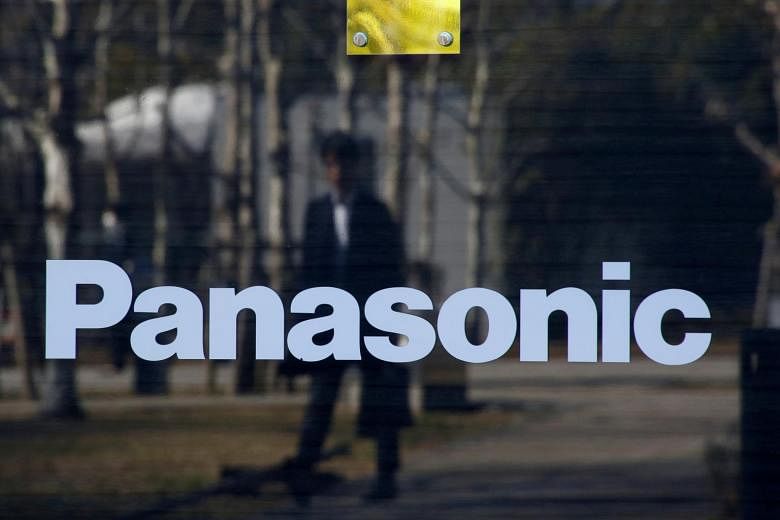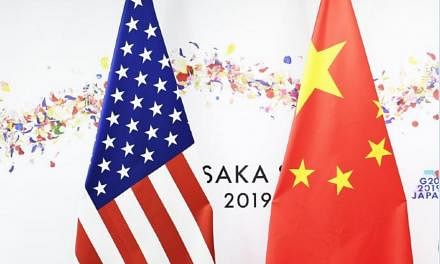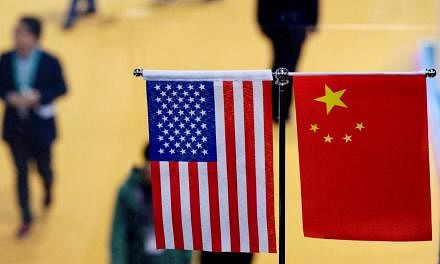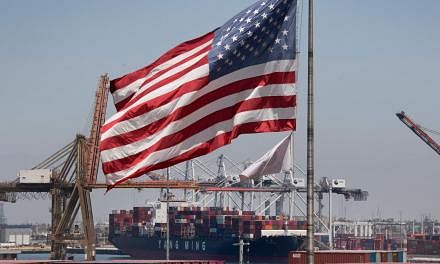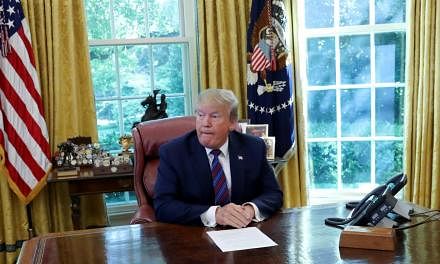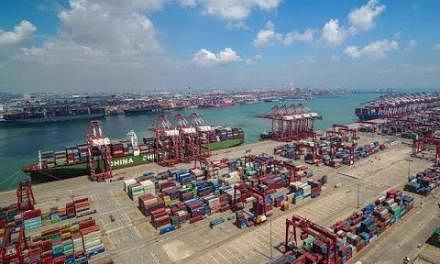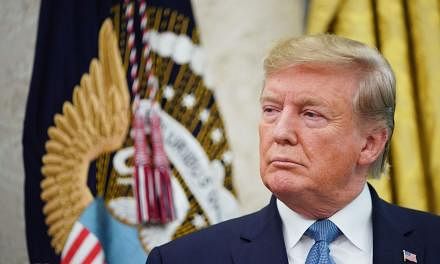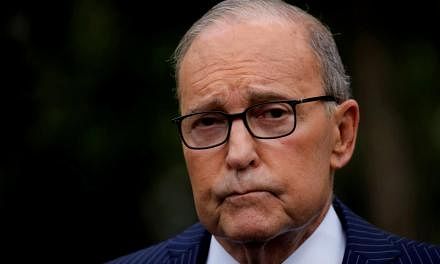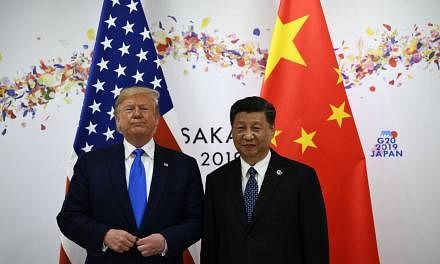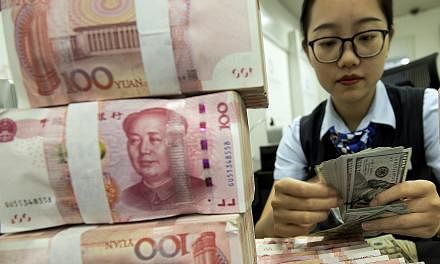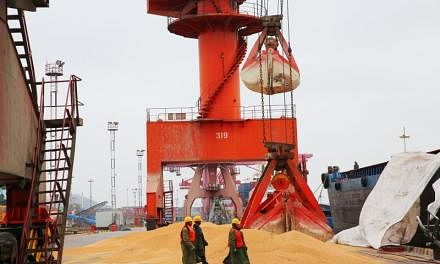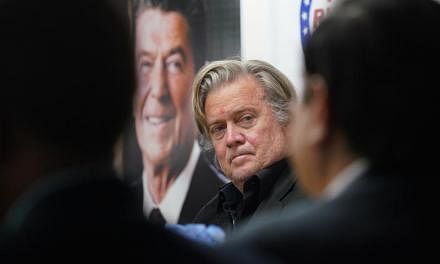TOKYO (AFP, WASHINGTON POST, REUTERS) - Japan's Panasonic said on Thursday (May 23) that it is suspending business with Huawei after a United States ban on the Chinese firm over security fears.
And in a potentially more consequential blow, British chip designer ARM Holdings, an important supplier to Huawei, also said it has halted relations with it.
ARM Holdings said it was "complying with the latest restrictions set forth by the US government".
The moves follow a decision by US President Donald Trump to effectively ban US companies from supplying Huawei and affiliates with critical components, citing security concerns. The US ban is now spurring effects for non-US companies.
An ARM spokesman said some of the company's intellectual property is designed in the US and is therefore "subject to US export controls".
Losing ARM as a supplier would be a major blow to Huawei because it would "cripple key Huawei chips", said Mr Dave Burstein, a telecom analyst at STL Partners and publisher of Huawei Report.
British telecoms giant EE, owned by BT, also said it would phase out the use of Huawei equipment in the most sensitive "core" elements of its network infrastructure.
EE, which is preparing to launch 5G service in six British cities later this month, said on Wednesday that it would no longer offer a new Huawei smartphone as part of that service.
Vodafone also said it would drop a Huawei smartphone from its lineup.
Both companies appeared to tie that decision to Google's move to withhold licences for its Android operating software from future Huawei phones.
"We value our close relations with our partners, but recognize the pressure some of them are under, as a result of politically motivated decisions,"
Huawei said in a statement Wednesday. "We are confident this regrettable situation can be resolved and our priority remains to continue to deliver world-class technology and products to our customers around the world."
Europe is far from abandoning Huawei, however.
Despite relentless pressure from the Trump administration, European governments have declined to issue outright bans on Huawei equipment as they erect the cellphone towers and other parts needed for 5G networks.
In Britain and Germany - traditionally two of Washington's closest European allies - officials have said they are setting high security standards and are aware of the potential pitfalls of using the Chinese company to supply vital digital infrastructure.
Huawei has vigorously denied the assertions of spying and the Trump administration allegation that the Chinese government exerts undue influence on Huawei.
With about US$105 billion (S$145 billion) in global sales last year, Huawei is the world's second-largest seller of cellphones and the largest seller of equipment used to build 5G, or fifth-generation, wireless networks.
On Wednesday, some mobile operators, including the Ymobile unit of Japan's Softbank Corp and rival KDDI Corp, put launch plans for Huawei's new P30 Lite smartphone on hold.
Panasonic spokesman Joe Flynn said: "We've stopped all business transactions with Huawei and its 68 group companies... that are subject to the US government ban."
"Yesterday, an internal instruction to fully enforce that rule was issued," he added.
Mr Flynn said Panasonic's business with Huawei involves the supply of "electronic parts", but declined to provide further details.
US officials this week issued a 90-day reprieve on the ban on dealing with Huawei, saying breathing space is needed to avoid huge disruption.
Still, the US government is also lobbying South Korea not to use Huawei.
In one incident, a US State Department official said in a recent meeting with a South Korean counterpart that local telco LG Uplus Corp, which uses Huawei's equipment, should "not be allowed to serve in sensitive areas in South Korea", Chosun Ilbo reported. The official added Huawei needs be eventually driven out of the country, if not immediately.
But an LG Uplus official told Reuters on Thursday: "LG Uplus has not received any statements or requests from either South Korea's foreign ministry or the United States regarding our use of Huawei equipment."
China's foreign minister has slammed US moves against Huawei as "economic bullying", and warned that Beijing was ready to "fight to the very end" in its trade war with Washington.
"The US use of state power to arbitrarily exert pressure on a private Chinese company like Huawei is typical economic bullying," Foreign Minister Wang Yi said on Wednesday at a meeting in Kyrgyzstan of the Shanghai Cooperation Organisation (SCO), a regional security group led by Beijing and Moscow.
"Some people in the United States do not want China to enjoy the legitimate right to develop, and seek to impede its development process," Mr Wang said, according to a foreign ministry statement issued late on Wednesday. "This extremely presumptuous and egocentric American approach is not able to gain the approval and support of the international community."
